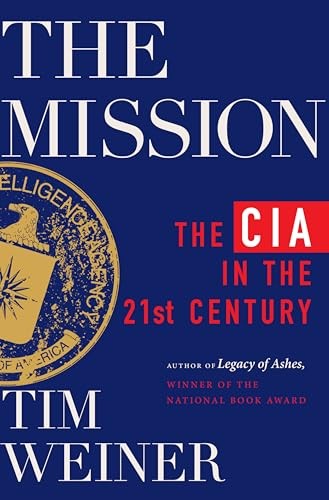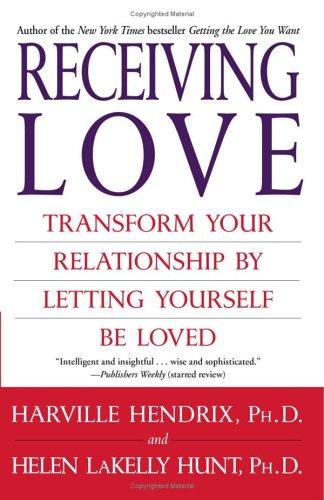ogd5XOt reviewed The Mission by Tim Weiner
An Excellent Post-9/11 History of the CIA
4 stars
I came away from Tim Weiner's first book on the CIA, "Legacy of Ashes", thoroughly unimpressed. That book covered some of the CIA's more notable paramilitary operations from its founding up to the GWOT. A lot of that book honestly felt bitter, as if Weiner went out of his way to show his disdain for the utility of the operations and the people that conceived and (attempted to) carry them out.
This book has a much different tone. While it ultimately mimics Tim's first CIA book in that it's mostly a catalogue of failures, there is abundant historical context here. You get the sense that the CIA was tasked with extremely difficult - an arguably completely unreasonable - missions during the GWOT, and while they frequently came up short, it was because the circumstances were impossible, not because the people involved were inept or stupid.
Everyone quoted in …
I came away from Tim Weiner's first book on the CIA, "Legacy of Ashes", thoroughly unimpressed. That book covered some of the CIA's more notable paramilitary operations from its founding up to the GWOT. A lot of that book honestly felt bitter, as if Weiner went out of his way to show his disdain for the utility of the operations and the people that conceived and (attempted to) carry them out.
This book has a much different tone. While it ultimately mimics Tim's first CIA book in that it's mostly a catalogue of failures, there is abundant historical context here. You get the sense that the CIA was tasked with extremely difficult - an arguably completely unreasonable - missions during the GWOT, and while they frequently came up short, it was because the circumstances were impossible, not because the people involved were inept or stupid.
Everyone quoted in this book was either drawn from the historical record or interviews to the author. There aren't any "unnamed sources" or "people granted anonymity for fear of reprisal". That's pretty extraordinary given the vitriol surrounding many of these topics, and Tim - and the folks that agreed to speak with him on the record - deserve a lot of credit for that.
Tim doesn't pull any punches and when he thinks that someone was corrupt, dumb, or just plain wrong for the job, he says so plainly. Even so, there are very few people presented in this book that don't have some sort of redeeming quality - there is again the theme of humans making human mistakes in the face of monumental challenges.
I didn't come across much in this text that I hadn't read elsewhere over the years, but Tim does an excellent job tying those topics together and providing context. The book is essentially a one-stop-shop for 20+ years of CIA history and I would easily recommend anyone interested read this rather than nearly two dozen others that cover only part of the story.
Deducting one star due to the author occasionally attributing things to the CIA that were not within the CIA's purview. The US Intelligence Community is large and complex, so I'm not sure if the author was simply narrowing the scope for the sake of simplicity or if he actually didn't know a piece of intel wouldn't have originated from CIA. It's a very minor issue, but one that comes up repeatedly.
I was reluctant to pick this book up after "Legacy of Ashes", but I'm happy I did. I feel it gives a much more balanced look at the CIA's actions since 9/11 and will leave readers with a good sense of the difficulty and importance of CIA's mission.














